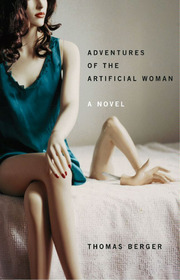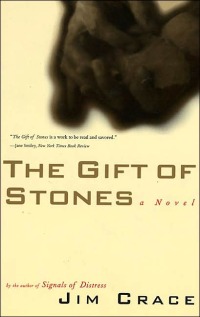Red Sky at Morning by Richard Bradford
 Tuesday, November 16, 2010 at 4:49PM
Tuesday, November 16, 2010 at 4:49PM 
First published by J.P. Lippincott in 1968
Red Sky at Morning is a coming of age novel, albeit a relatively quiet one. Unlike some of the book's fans, I don't think it has the power or emotional depth of Catcher in the Rye, but then, few novels do. There is some intensity in the conflict between the narrator, 17-year-old Joshua Arnold, and the neighborhood tough, Chango, and the absence of Joshua's father that compels his transition to adulthood is well handled. Many of the episodes in Joshua's life are amusing and a few are downright funny, making this an enjoyable read.
So here are my quibbles, preventing me from highly recommending the novel: Joshua's father builds ships but leaves home to help the war effort more directly. The father is a likable character. I enjoyed the banter between Joshua's father and the employee he left in charge of the shipyard, and between Joshua's father and Joshua. But when the same kind of light-hearted sarcastic dialog was taken up by Joshua's friends Steenie and Marcia, it seemed to me that too many characters were speaking in the same voice, as if they had all been cloned from Joshua's father. More importantly, I was left with the feeling that the novel was striving relentlessly to be light-hearted even in the face of circumstances in Joshua's life (unnamed here to avoid spoiling the plot for those who haven't read the book) that should have been tragic. Finally, I didn't buy Chango's character change at all. I can accept that the events in the novel would have had an impact on Chango, but the immediate and extreme alteration of his personality that Joshua describes isn't credible.
I came to this novel late in life. Perhaps if I'd first read it as a teenager or young adult, or perhaps if I had ever lived in the southwest (which is lovingly described), it would have left a greater impression. At any rate, although younger readers who might most enjoy Red Sky at Morning will likely find it a bit dated, I recommend the novel. I nonetheless feel it lacks the depth that causes some readers to hold it in high esteem; to me it falls well short of greatness.
RECOMMENDED



